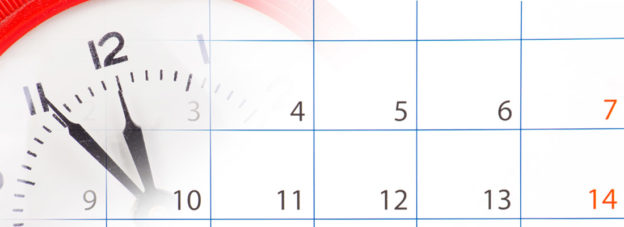In United Services Automobile Association v. Broan-Nutone, LLC, No. 218-2017-CV-01113,[1] the Superior Court of Rockingham County, New Hampshire recently considered whether the eight-year statute of repose for improvements to real property applied to the manufacturer of a ceiling ventilation fan that was installed in the property during its original construction. The court held that New Hampshire’s statute of repose did not apply to the manufacturer because it was not involved in incorporating its product into the property.
In 2012, Chad St. Francis purchased a home in Northwood, New Hampshire. The home was originally constructed in 2008, at which time a Broan-Nutone ceiling ventilation fan was installed in the first-floor bathroom. In 2016, a fire occurred at the home. United Services Automobile Association (USAA) provided property casualty insurance for the home and paid Mr. St. Francis for the damage. In 2017, USAA filed a subrogation lawsuit against Broan-Nutone, alleging that its ceiling fan caused the fire due to a design defect within the product. Broan-Nutone filed a motion for summary judgment on grounds that USAA’s action was barred by New Hampshire’s statute of repose for improvements to real property.
New Hampshire’s statute of repose, RSA 508:4-b, states that all actions “arising out of any deficiency in the creation of an improvement of real property, including without limitation the design, labor, materials, engineering, planning, surveying, construction, observation, supervision or inspection of that improvement, shall be brought within 8 years from the date of substantial completion of the improvement . . . .” Broan-Nutone argued that the statute of repose applied in this case since its fan was manufactured to improve real property.
In support of its argument, Broan-Nutone cited Phanuef Funeral Home v. Little Giant Pump Co., 163 N.H. 727 (2012) (Phanuef), a New Hampshire Supreme Court case. In Phanuef, the plaintiff sued, among others, the manufacturer and installer of a drinking fountain for alleged defects. The defendants moved to dismiss the plaintiff’s complaint based on the statute of repose. The Phanuef court defined improvements to real property as an alteration to or development of real property that either (1) enhances or is intended to enhance its value or (2) improves or is intended to improve its use for a particular purpose. Broan-Nutone, relying on dicta from Phanuef, argued that, because its ventilation fans are manufactured for the sole purpose of improving real property, they are so inherently tied to the construction industry that the statute of repose should protect Broan-Nutone.
The trial court rejected Broan-Nutone’s position, holding that the statute of repose only applies to those entities that are involved with incorporating the product into the structure and that the fan did not become an “improvement” until installed in the home. The court further held that the statute of repose only protects “those who are involved in some way in the transformation of a product into an enhancement to the value or use of the real estate, based on their role in that transformation.” Since Broan-Nutone merely sold the product and was in no way involved in the installation of the product, the court held that the statute of repose did not apply in this case and denied Broan-Nutone’s motion.
The St. Francis case provided further clarification on New Hampshire’s interpretation of RSA 508:4-b. The decision serves as a reminder that, when faced with a statute of repose defense, practitioners need to analyze whether the defendant falls within the class of persons protected by the statute. According to Broan-Nutone, the dictum in Phanuef raised questions about whether certain manufacturers may fall under the protection of RSA 508:4-b. However, as the St. Francis and Phanuef courts found, New Hampshire’s statute of repose does not protect product manufacturers who have no involvement in the transformation of the product into an improvement to real property. Although the St. Francis decision is unreported, the decision is helpful with respect to identifying arguments that a plaintiff should consider when faced with a statute of repose defense.
[1] Because I represented the plaintiff in this case, please contact me if you would like a copy of the decision.

